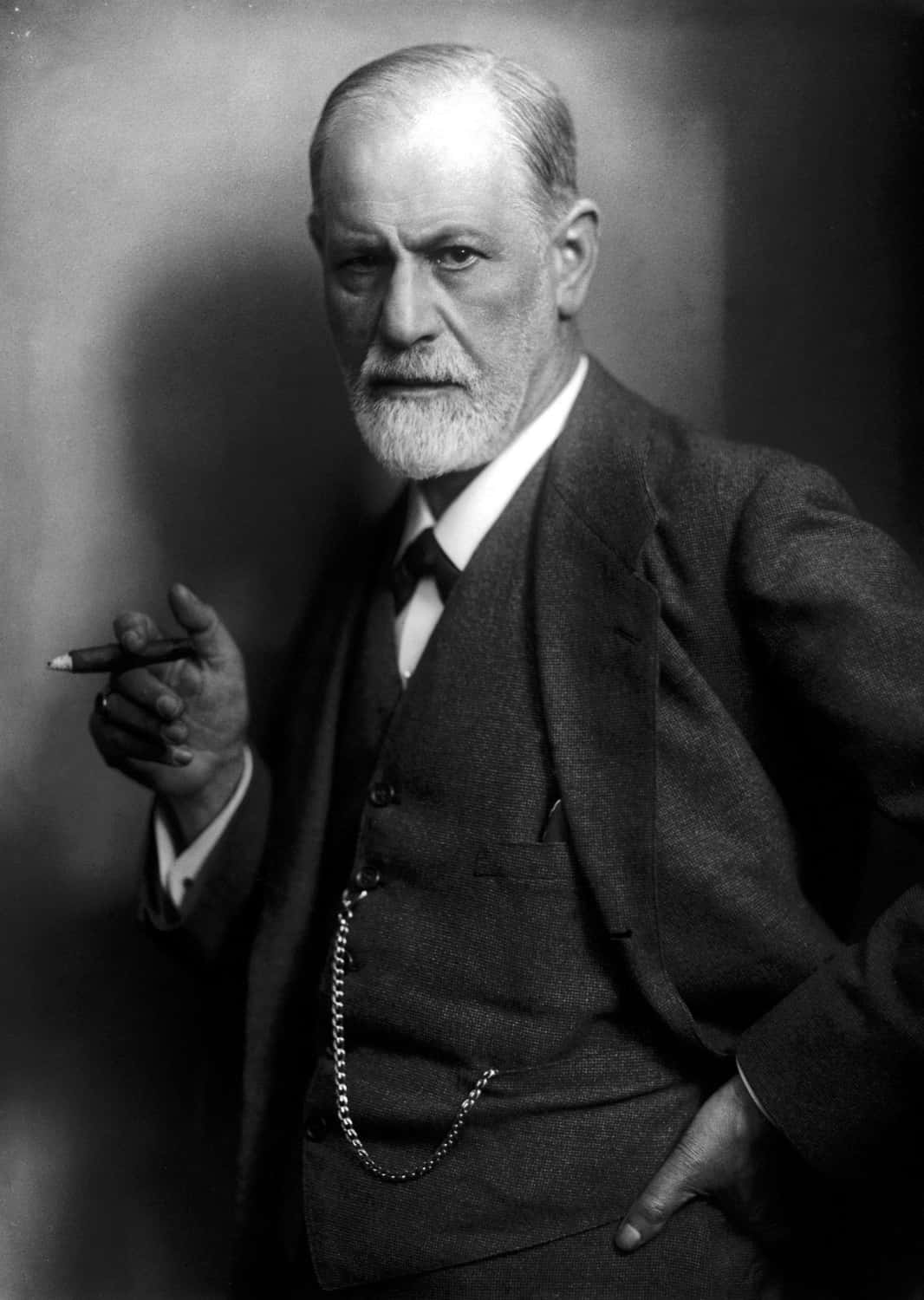Did Dreams Help Us Survive?
As it turns out, dreams might be a form of practice.
Fantastic scenarios that involve fighting, or being chased, are near-universal dream experiences. The explanation may lie in the amygdala—your brain’s emotional response command center. When a person enters REM sleep, their amygdala fires on all cylinders—as though the brain is responding to a serious threat. It is this hyperactivity in the amygdala which could hold the secret to our nightmares.
Now, that hyperactivity could simply be random. A quirk of human evolution, maybe. Like the appendix. But some experts speculate that dreams, specifically nightmares, serve a far more dramatic purpose.
In the early days of our evolution, threats to human life were far more abundant. Predators, specifically, posed a legitimate risk to most human populations. These were the days when a bear attack, or encounter with rival tribes, were common. The ability to process these risk was incredibly important. Responding to a threat with a cool, calm, collected head might be the difference between life-and-death.
Dreams (more specifically, nightmares) could serve for those situations. A person who dreamed more often, and more vividly, may be better equipped to deal with genuine terror. In this theory, nightmares serve the same person as a flight-simulator for a pilot. If a first-time pilot experiences a blown engine mid-flight, they might panic and lose control. Whereas a pilot who has trained thousands of times for that exact scenario, in the controlled environment of simulation, should react with a level-head.
The theory is unproven. For now, the implications remain fascinating.
 Shutterstock
Shutterstock
What Do Dreams Mean?
It could be the most asked question in human history: do my dreams mean something? If so, what?
How many hundreds of thousands have lain in bed, just recently asleep, and wondered? It’s an essential mystery of the human experience.
Today, the first name to come up when considering this question is Sigmund Freud. In his work, Freud argued that dreams are an essential channel into understanding one's inner thoughts. When examining the emotional lives of his patients, Freud used dreams as a guide. To him, the symbols and themes of a person's dreams reflected hidden thoughts and desires—hidden somewhere deep in the brain. As he said, “Dreams are the royal road to the unconscious.”
This line of thought has since come to dominate the cultural interpretation of dreams (at least in the Western world). In one study conducted on college students in the United States, India, and South Korea, researchers found that almost no participants believed their dreams were merely random. Instead, many shared a Freudian-esque notion that what they experienced in dreams reflected their innermost thoughts and desires.
That doesn't necessarily imply that a dream's "meaning" is supernatural, or tied to something outside the bounds of human physiology. In the words of G. William Domhoff, Professor of Psychology at the University of California:
“'Meaning' has to do with coherence and with systematic relations to other variables, and in that regard, dreams do have meaning. Furthermore, they are very 'revealing' of what is on our minds. We have shown that 75 to 100 dreams from a person give us a very good psychological portrait of that individual. Give us 1,000 dreams over a couple of decades and we can give you a profile of the person's mind that is almost as individualized and accurate as her or his fingerprints."
 Wikimedia Commons Sigmund Freud
Wikimedia Commons Sigmund Freud
What About Lucid Dreaming?
Chances are you’ve heard some pretty marvelous things about lucid dreams. A quick online search turns up any number of fantastic claims. Some say they’ve built a long-term “mind palace” they’re able to visit and revisit every night, while sleeping, in their dreams. Some say lucid dreaming has changed their lives.
Is it a real phenomenon?
At a basic level, it doesn't take much for a dream to be lucid. If at any moment the dreamer is aware they are asleep and dreaming, the dream itself is lucid. Any moment of self-awareness is enough. As the Greek philosopher Aristotle once said, “often when one is asleep, there is something in consciousness which declares that what presents itself is but a dream.”
Often, though, when a person discusses lucid dreaming, what they’re referring to is the ability to influence the environment and outcome of the dream itself.
I dreamed I was a butterfly, flitting around in the sky; then I awoke. Now I wonder: Am I a man who dreamt of being a butterfly, or am I a butterfly dreaming that I am a man?—Zhuangzi
 Shutterstock
Shutterstock
The Mysteries Of Our Brain
Our knowledge of the human brain is still very much a work in progress. Scientific understandings of consciousness, psychology, and neuroscience are in flux, as new discoveries and theories are released almost every day.
What this means for the study of dreaming is as of yet unclear.
Why do people dream? The question will undoubtedly continue to fascinate some of humanity's greatest minds. Billions will wonder. Scientists will study. Researchers will collaborate. Doctors and psychologists and thousands of others will wait with bated breath.
For now, it would seem current research suggests that our dreams play a role in memory, in self-identity, and in the processing of our daily experiences. It's a critical aspect of our sleep. Why exactly that is, and how exactly it occurs, will continue to be one of the most interesting questions in modern medicine. And then, of course, there's lucid dreaming.












